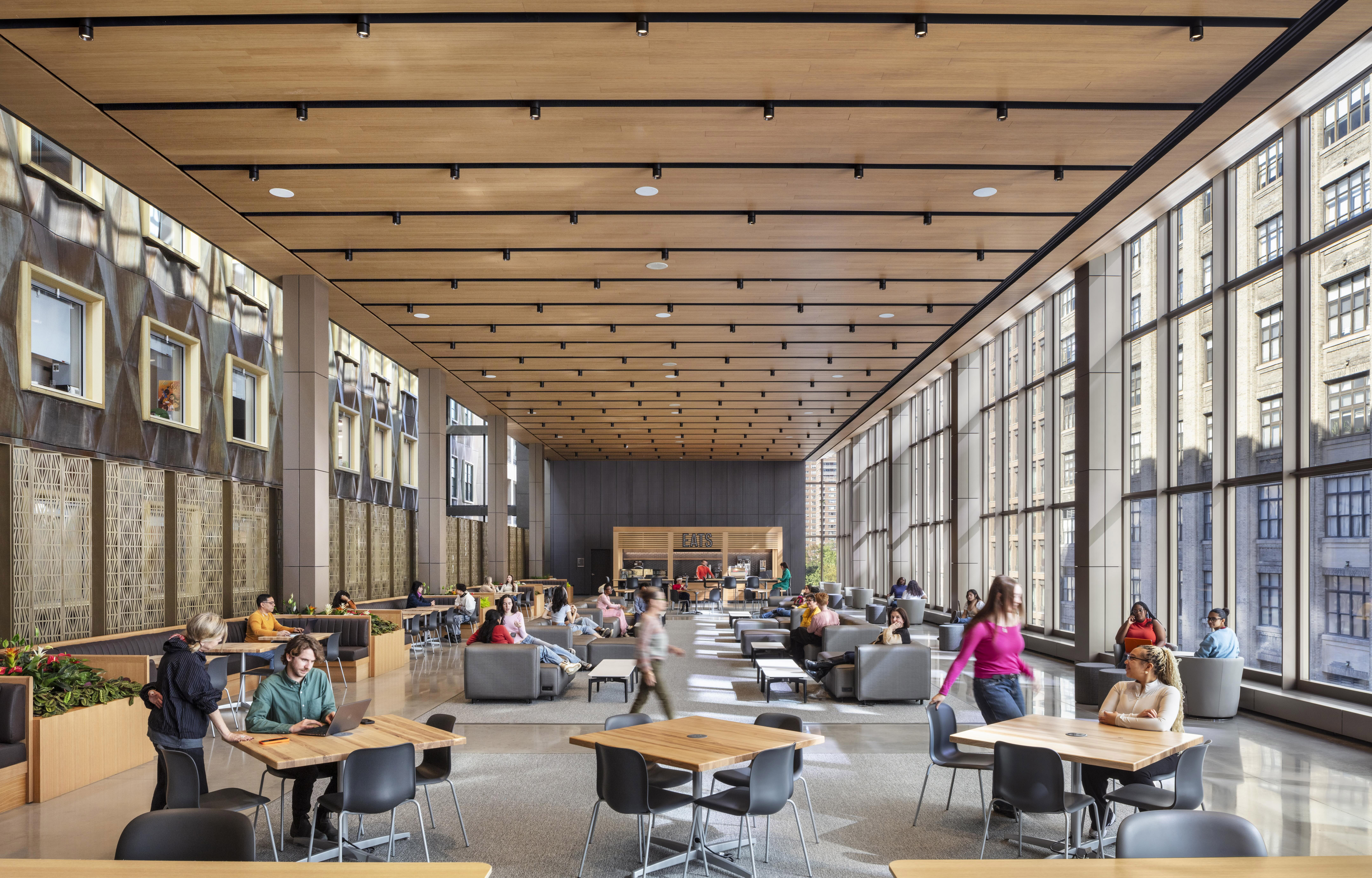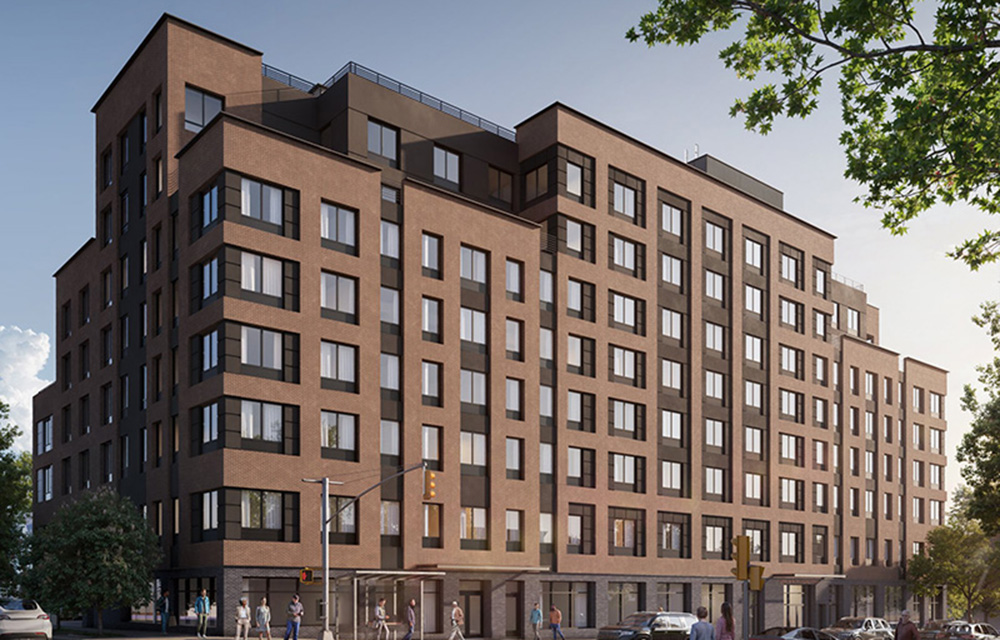News:
Construction Design & Engineering
Posted: December 9, 2013
GRADE transforms Bell Book & Candle's 5,940 s/f space; $1.1 million project took 16 months to complete
When restaurant Bell Book & Candle set out to create a one-of-a-kind dining experience that was indicative of their farm to table concept and bespoke menu items, they turned to partners Thomas Hickey and Edward Yedid of GRADE, a New York-based architecture and interior design company known for translating clients' ambitions into personalized spaces. GRADE put their multidimensional approach to work, transforming an underutilized space on the basement level of an early 20th century structure into four distinct spaces - a dining room and kitchen, main dining room, back dining room and bar in addition to creating an award-winning aeroponic rooftop tower garden atop the restaurant's six-story building where the restaurant's chefs grow and gather fresh herbs, fruits and vegetables used in signature dishes.
The 5,940 s/f, $1.1 million project, which was completed in December 2010, took 16 months to finalize and pays homage to the neighborhood's remarkable heritage. GRADE infused chic, rustic elements while maintaining a sleek and contemporary atmosphere by utilizing reclaimed materials such as oak flooring milled from weathered fence posts, exposed brick and cerused millwork. Design details such as warm tones and antique touches reference the area's historic and celebrated charm, while modern accents injected throughout modernize the space, mirroring the menu's modern twist on classic favorites. Strategically positioned lighting help mold the room's unique characteristics and emphasize the restaurant's rustic elements, drawing the eye upwards towards its metal-clad beams and exposed brick walls.
GRADE drew inspiration from the produce grown in the aeroponic garden, introducing a color palette of neutral blues, grays and browns to reflect a bounty of blueberries, eggplant and basil. The interior design and décor also emphasizes the relationship between the restaurant's featured elements - earth, wood, metal and fire, marrying these textures so that each surface and luster balances with one another. The architectural elements create spatial independence within each room, while establishing continuity throughout the entire establishment to create inviting spaces that captivate patrons into entering one room after the next.
"In New York City especially, it's essential to create an efficient design for our clients that promotes flow while maintaining spatial charisma," said Thomas Hickey, partner and co-founder of GRADE. "Whether it's a residential project or a major commercial entity, our goal is to always create a uniquely articulated and personal experience."
MORE FROM Construction Design & Engineering
Troutbrook expands with boutique condo project and Marriott Fairfield Inn & Suites renovation
Brooklyn, NY For more than 25 years, Troutbrook/Freud Development has remained focused on executing design-driven projects across the city. Its latest ventures reflect both a continued push into boutique residential development and an expansion








.gif)
.jpg)
.gif)
.gif)